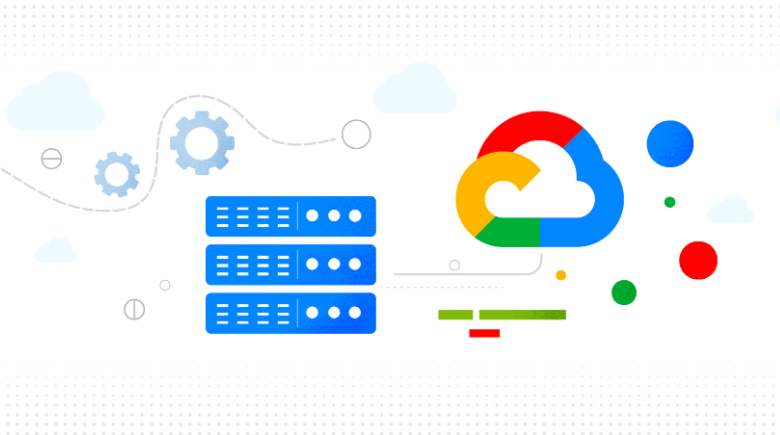 CLOUD
CLOUD
 CLOUD
CLOUD
 CLOUD
CLOUD
Google LLC’s cloud business today introduced a differential privacy feature for its BigQuery data warehouse.
The feature, which is currently public preview, will enable enterprises to more effectively protect their customers’ data against hackers. It’s based on a major computer science breakthrough that won the 2017 Gödel Prize, one of the most prestigious awards in the field.
Companies often share anonymized customer data with one another as part of joint business initiatives. A retailer, for example, might share anonymized information about customer buying preferences with its suppliers. The financial services sector is another area where organizations often exchange such data.
Researchers have demonstrated that, in many cases, anonymized customer information can be reverse-engineered to obtain the underlying records. Differential privacy enables companies to address that risk. It’s a cybersecurity technique that makes it impossible to extract the customer records on which an anonymized dataset is based.
Differential privacy prevents hacking attempts by introducing errors, or noise, into a dataset. The added noise blocks common data extraction tactics that hackers use to extract personal information. At the same time, differential privacy still allows a company to analyze its anonymized dataset for business insights.
The research team that developed the theoretical foundations of the technology won the 2017 Gödel Prize for the project. Besides Google, differential privacy is also being adopted by a number of other companies.
The feature is based on an open-source library that the search giant released in 2021. According to Google, companies can apply the feature to multiple use cases.
A company could anonymize a dataset using differential privacy before making it available for internal analytics projects. By doing so, organizations can ensure that their analytics teams won’t accidentally breach privacy regulations such as GDPR. Moreover, they can use the technology to anonymize important business data before sharing it with partners such as suppliers.
To support the latter use case, Google plans to integrate differential privacy into BigQuery’s upcoming data clean room tool. The tool, which is set to roll out in the third quarter, allows two companies to create a secure cloud-based environment where they can exchange data with one another. Such secure environments include controls that make it possible to limit how information is accessed.
“Differential privacy is commonly used to allow inferences and to share data while preventing someone from learning information about an entity in that dataset,” Google group product manager Magda Gianola and software engineer Krzysztof Pachacz explained in a blog post. “Advertising, financial services, healthcare, and education companies use differential privacy to perform analysis without exposing individual records.”
Google has partnered with Durham, North Carolina-based startup Tumult Labs Inc. to support the differential privacy rollout. Tumult Labs provides a software platform designed to make the technology easier to use. A new integration will enable Google Cloud customers to access the startup’s platform from the BigQuery interface.
Support our mission to keep content open and free by engaging with theCUBE community. Join theCUBE’s Alumni Trust Network, where technology leaders connect, share intelligence and create opportunities.
Founded by tech visionaries John Furrier and Dave Vellante, SiliconANGLE Media has built a dynamic ecosystem of industry-leading digital media brands that reach 15+ million elite tech professionals. Our new proprietary theCUBE AI Video Cloud is breaking ground in audience interaction, leveraging theCUBEai.com neural network to help technology companies make data-driven decisions and stay at the forefront of industry conversations.